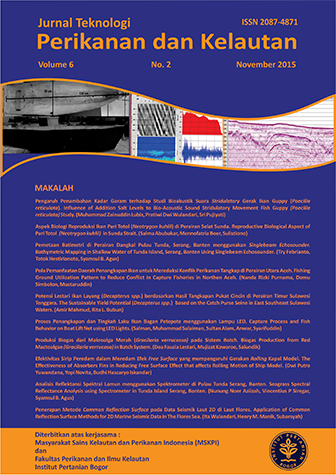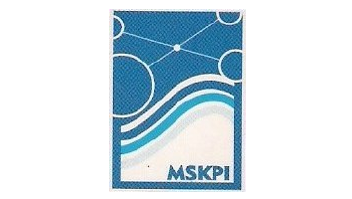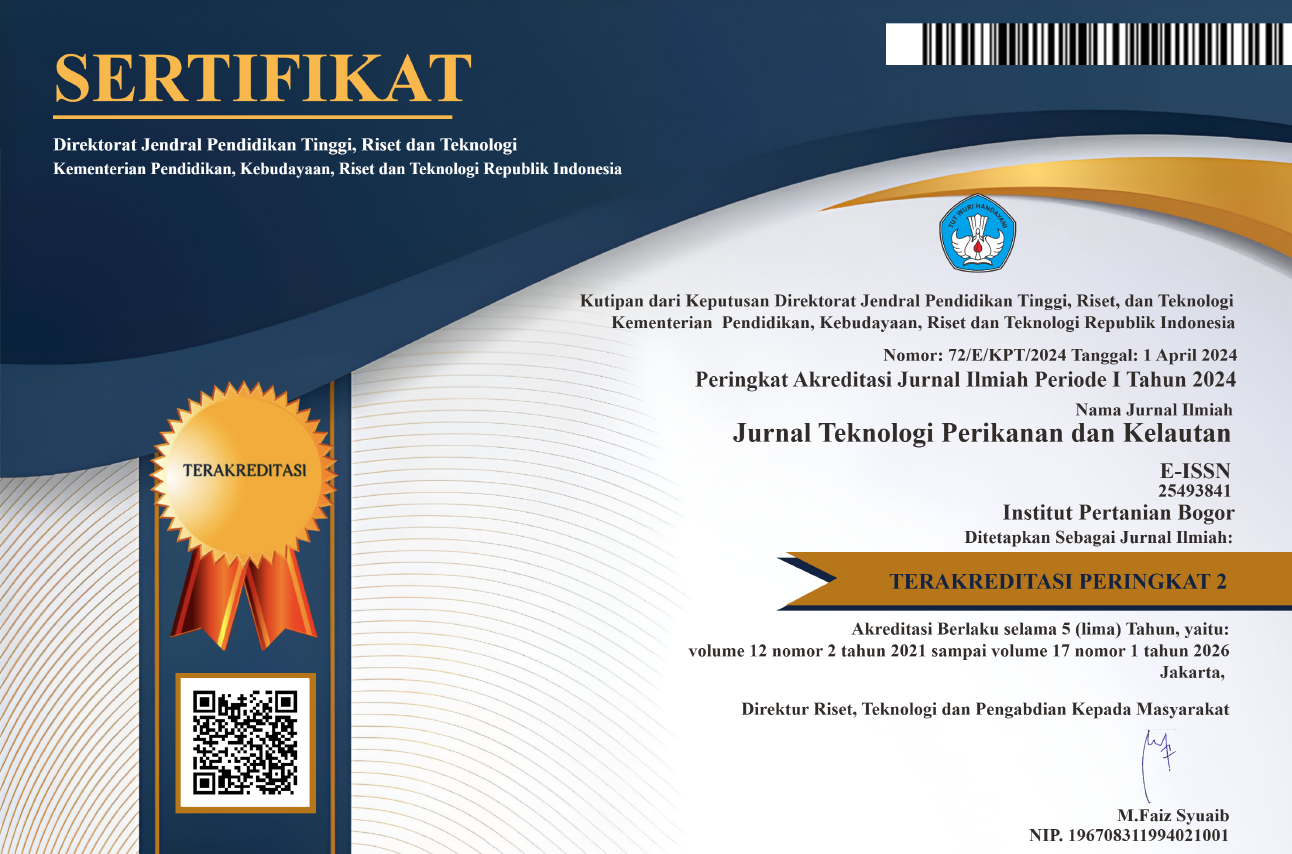ANALISIS REFLEKTANSI SPEKTRAL LAMUN MENGGUNAKAN SPEKTROMETER DI PULAU TUNDA SERANG, BANTEN
Abstract
Research of object spectral reflectance has develop and giving data or information about spectral pattern. Objects that are used in this study was seagrass, which plant with ability to adapt with high salinity water. The problem arrise was how extent object spectral that observed was able to giving an overview of different characteristics of the object in the field. The experiment was conducted in seagrass Tunda Island Serang District in August 2014 and resumed in March 2015. The aim of this research was to determine seagrases spectral reflectance curve, spectral characteristics, and identifier wavelength which gave different characteristics from each type of seagrass. In situ reflectance measurements by using USB4000 spectrometer which generate intensity value and analysis using reflectance algorithms to generate the curve. Reflectance curve has two peaks at wavelengths 500-650 nm and 700-750 nm with a highest value was 22%) in the first peak and 14% in the second peak. The result from statistic analysis showed the reflectance values of five species of seagrass in Tunda Island is significantly different. Based on the reflectance values of the five species of seagrass and Tukey test has been done, it is known wavelength identifier for five species of seagrasses have significant differences that wavelenght of green, yellow, red edge, and NIR-2.





















